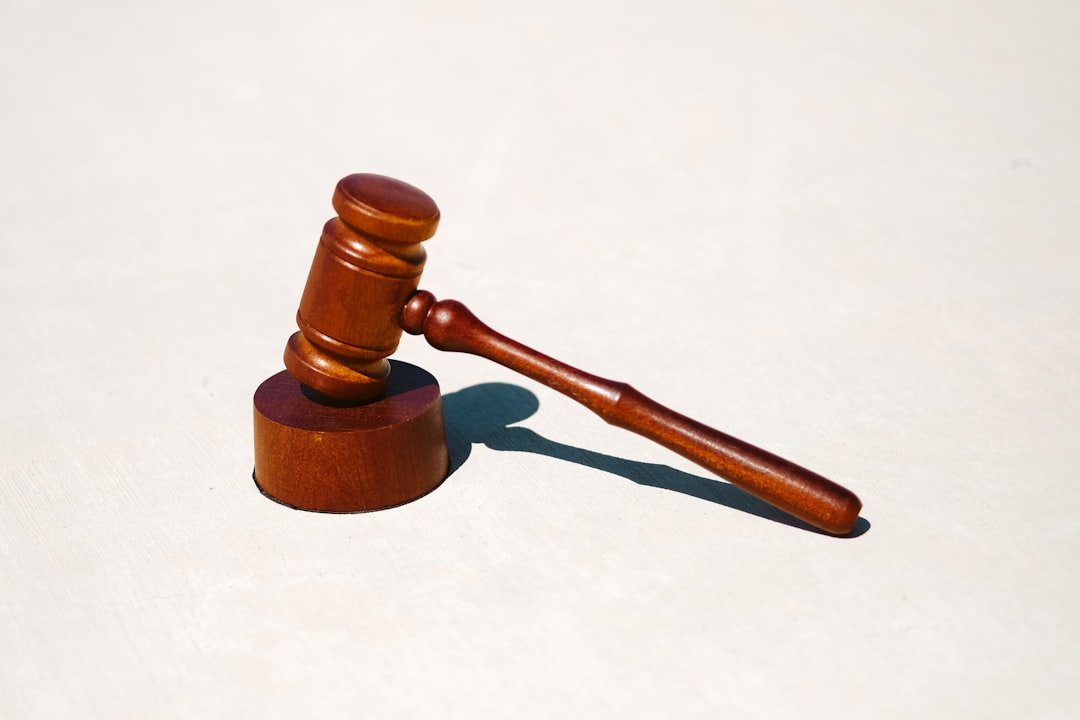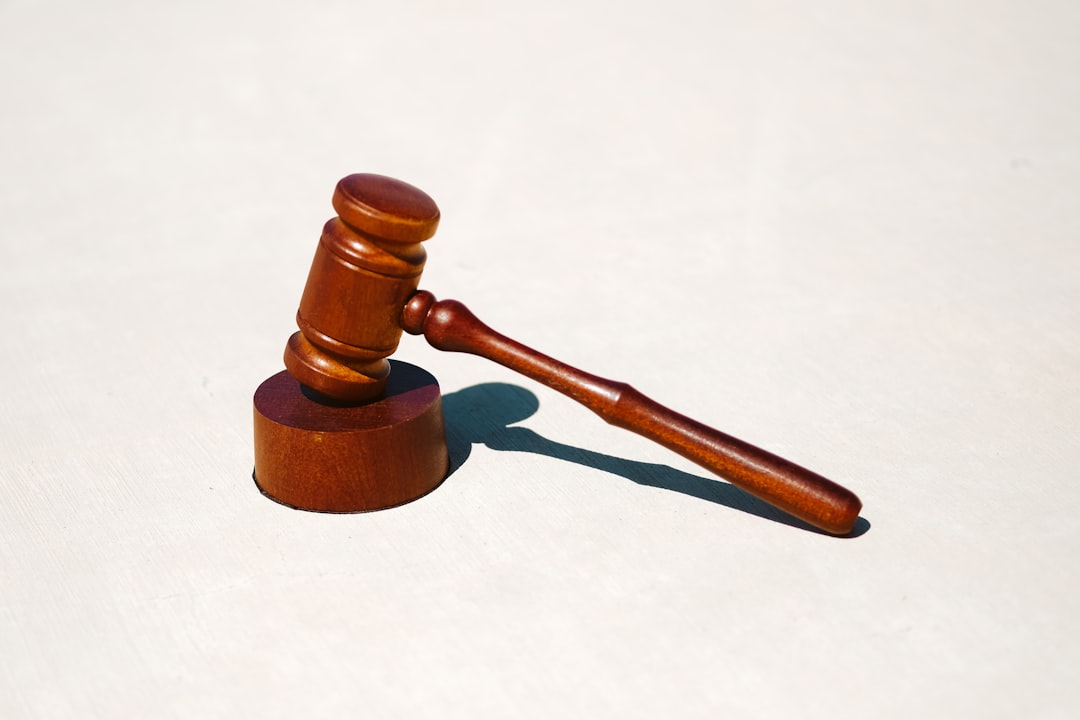“In Connecticut, where robust legal protections are in place for sexual assault victims, securing competent legal counsel is crucial. This article guides survivors through the complex landscape of sexual assault laws in the state and highlights the invaluable role a skilled attorney plays in their journey to justice. We’ll explore what these attorneys offer, from navigating legal proceedings to providing much-needed support. Additionally, we’ll delve into available resources for survivors, ensuring victims feel empowered and supported throughout their healing process.”
Understanding Sexual Assault Laws in Connecticut

In Connecticut, sexual assault is taken very seriously, with laws in place to protect victims and hold perpetrators accountable. If you or someone you know has experienced sexual assault, understanding your legal rights and options is crucial. A skilled Connecticut sexual assault lawyer can navigate the complex legal system and ensure that your case receives the attention it deserves. They can guide you through the process, from reporting the crime to seeking justice in court.
Connecticut’s laws define sexual assault broadly, encompassing a range of unwanted sexual acts, including rape, sexual battery, and other forms of non-consensual intimate contact. A sexual assault lawyer in Connecticut is well-versed in these laws and can help victims understand their rights to seek compensation for physical and emotional injuries resulting from the assault. They can also assist with navigating the reporting process, collecting evidence, and representing you in court if charges are filed.
The Role of a Skilled Attorney for Victims' Rights

When a person has been a victim of sexual assault, having an advocate by their side is crucial for navigating both legal and emotional challenges. A skilled Connecticut sexual assault lawyer acts as a powerful ally for victims’ rights, providing them with specialized support throughout the process.
These attorneys possess in-depth knowledge of state laws pertaining to sexual violence cases, ensuring that their clients receive fair treatment and just compensation. They offer expert guidance on legal options, help gather evidence, and represent victims in court, aiming to secure their rights and deliver justice for the suffered trauma.
What to Expect During Legal Proceedings

When you hire a skilled Connecticut attorney for sexual assault victims, they will guide you through the legal process, which can be complex and overwhelming. During initial consultations, your lawyer will carefully listen to your story, gather evidence, and explain the legal options available to you. They will help you navigate the criminal justice system, including any potential charges against the perpetrator.
As the case progresses, expect regular updates from your attorney on court dates, procedural steps, and strategies for building a strong case. They will advocate for your rights and ensure that your voice is heard. A sexual assault lawyer in Connecticut will also assist with managing any emotional stress you may experience during legal proceedings, offering support tailored to your unique needs.
Resources and Support for Survivors in CT

In Connecticut, survivors of sexual assault can access a range of resources and support services designed to help them navigate their journey toward healing. Many organizations operate dedicated hotlines offering confidential counseling, legal information, and advocacy for victims. These hotlines, often staffed by trained professionals, provide a safe space for individuals to share their experiences and receive immediate assistance. Additionally, Connecticut boasts several non-profit organizations that offer comprehensive support, including medical care, legal representation, and emotional support groups facilitated by peers who have gone through similar experiences.
For those seeking legal recourse, a skilled sexual assault lawyer in Connecticut can play a pivotal role. These attorneys specialize in advocating for victims’ rights and helping them understand their options under the law. They guide survivors through complex legal procedures, ensuring they receive just compensation and that their attackers are held accountable. This support extends beyond the courtroom, offering validation and empowerment to those who have experienced traumatic events.






